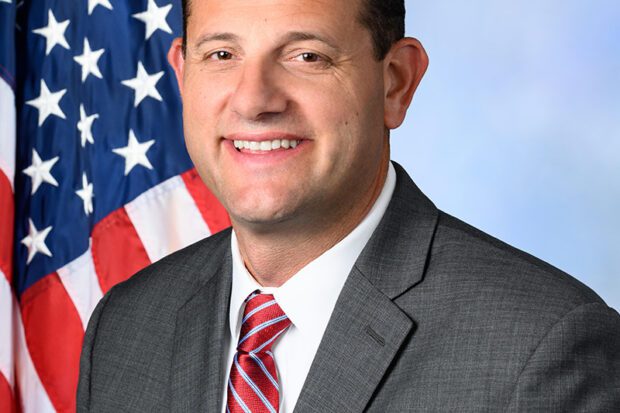
On April 10, Congress voted on a Continuing Resolution for the House Budget that would extend tax cuts that mainly benefit corporations and the wealthy. To partially cover the cost of the tax cuts, the resolution targeted cuts to Medicaid of $880 billion or more over the next decade. All but two Republicans (Thomas Massie of Kentucky and Victoria Spartz of Indiana) voted for the resolution, whereas all the Democrats opposed it.
The bill allows for up to $4.8 trillion in tax cuts and spending increases, which are to be offset by $2 trillion in spending cuts (including the $880 billion from Medicaid). The other spending cuts have not yet been identified. The changes would expire after 2034.
Medicaid is a joint federal and state program that pays for healthcare coverage for low-income people—individuals, families, children, pregnant women, the elderly and people with disabilities.
The federal government provides 70% of Medicaid funding and the states contribute about 30%. States provide different coverage under Medicaid (which is known as Medi-Cal in California) but generally include outpatient care, inpatient care, medications, long-term care services (including nursing home care) and in-home-based supportive services (IHSS).
In fiscal 2023 and 2024, the federal support for health programs and services was about $600 billion per year—roughly $585 billion for Medicaid and $17 billion for the Children’s Health Insurance Program (CHIP). CHIP provides low-cost health coverage to children in families that earn too much money to qualify for Medicaid but not enough to cover insurance for their children.
Rep. David Valadao (R–Hanford) was not present for the vote on the resolution due to what he said was a family matter. Vince Fong (R–Bakersfield) and Tom McClintock (R–Elk Grove) both voted for the motion to remove $880 billion from Medicaid for those most in need.
All three of these Republican members of Congress have large numbers of Medicaid recipients in their districts. About 500,000 Medicaid/Medi-Cal recipients in Valadao’s district rely on Medicaid to pay for their healthcare. With almost two-thirds of the 775,000 residents depending on Medicaid, Valadao’s district is one of the most Medicaid-dependent in the country.
All the states must now make difficult decisions on how to provide healthcare for their residents who are low income, pregnant, disabled or elderly. For California, the decrease in federal funding of Medicaid will amount to billions of dollars.
As states are unlikely to raise taxes to cover the loss of federal dollars, how will they adjust their budgets to cover the shortfall? Do they cut back on medical services provided and/or cut the number of people served? Do they cut education, infrastructure or public safety programs to counter the loss of federal healthcare dollars?
With the reduced funding, hospitals and healthcare facilities will close or be unable to provide needed healthcare to their patients. Moreover, there will be a significant economic impact from these closures.
What are patients supposed to do now? Go without care for acute and chronic medical problems?
People will die from treatable medical illnesses due to a lack of access. Valadao, Fong and McClintock share responsibility for this healthcare disaster.

sad
sad